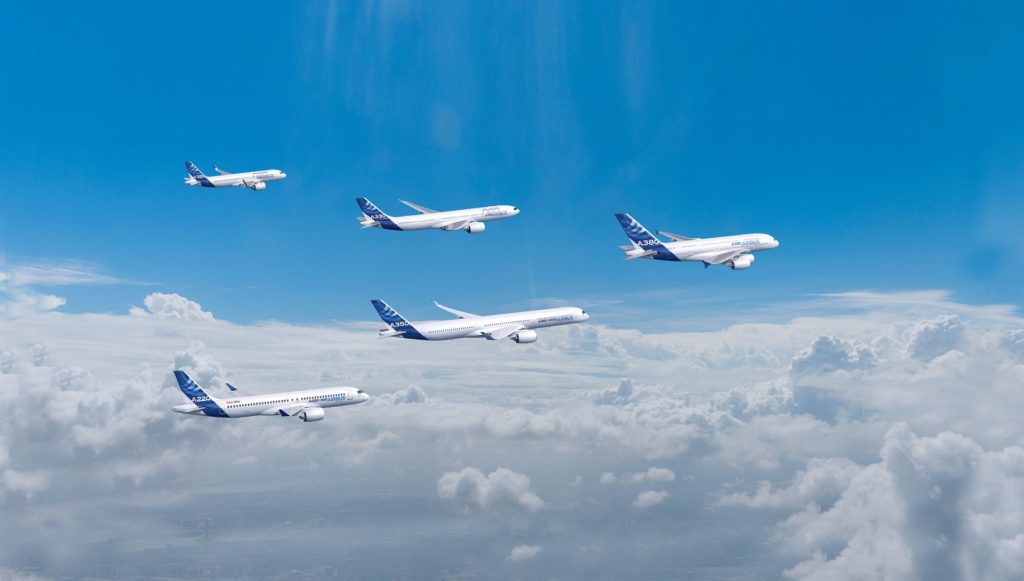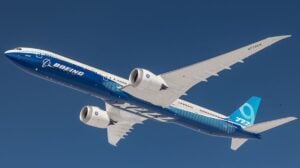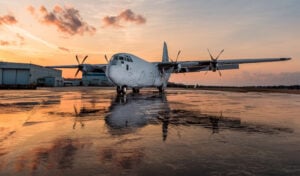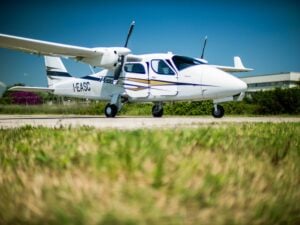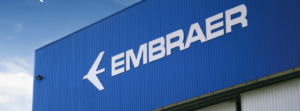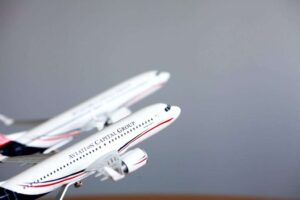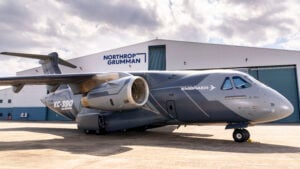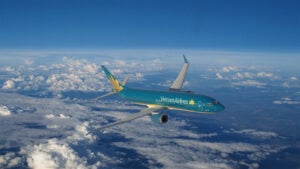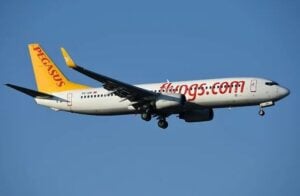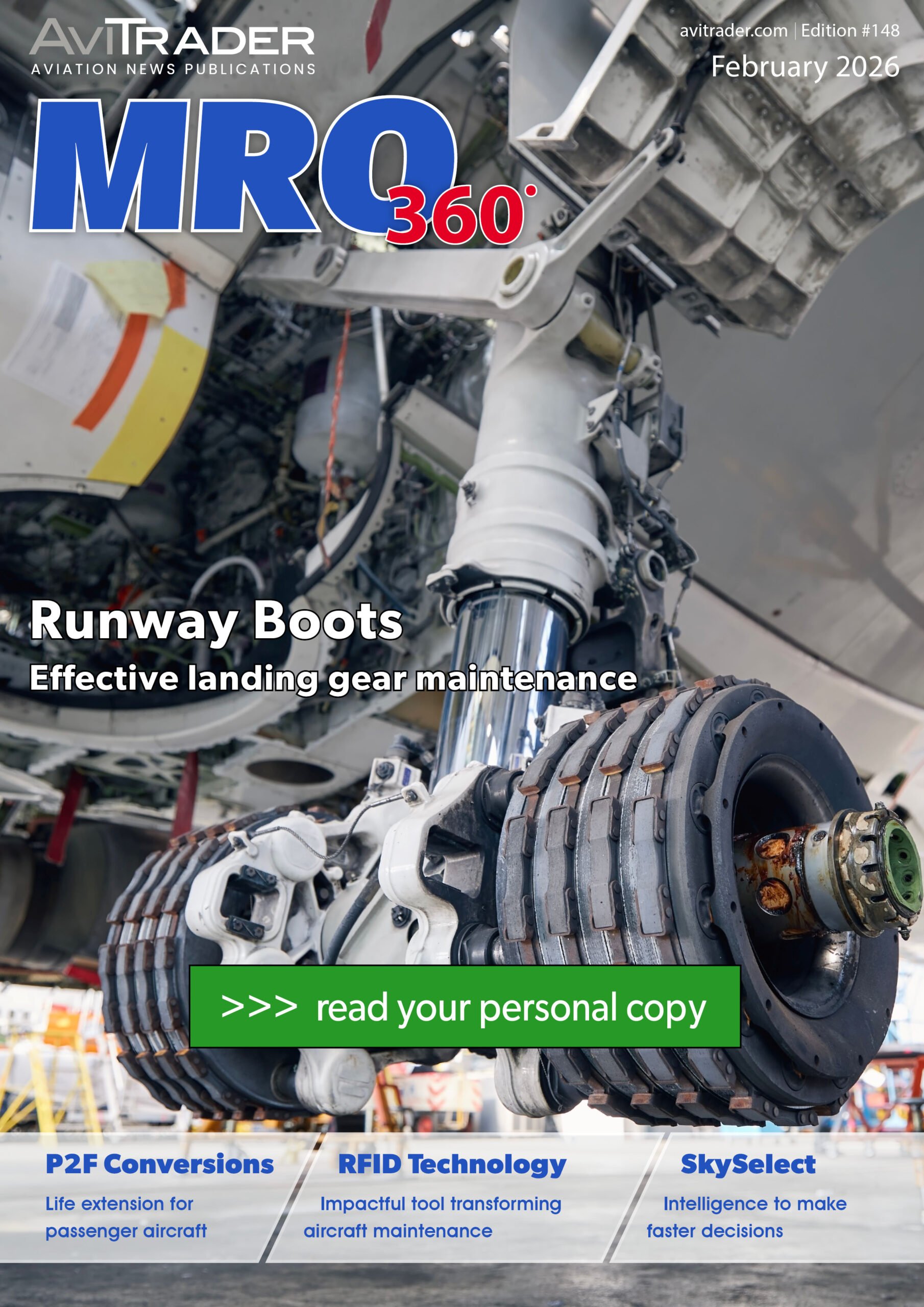According to the Airbus Global Market Forecast for 2025, the global aviation sector is expected to experience sustained long-term growth, despite short-term uncertainties. Passenger traffic is forecast to increase by 3.6% annually over the next 20 years. This growth is driven by key macroeconomic and demographic factors: global GDP is projected to rise by 2.5% per year, urban populations are set to grow by 1.2 billion, and the global middle class—typically the demographic most likely to travel by air—is expected to expand by 1.5 billion people.
Meeting this growing demand will require around 43,400 new aircraft deliveries, including both passenger and freighter types. Of these, 34,250 will be single-aisle aircraft and 9,170 wide-body aircraft. Approximately 44% of the new deliveries—around 18,930 aircraft—will replace older, less fuel-efficient models, contributing to improved fleet efficiency and environmental performance.
Aviation continues to play a critical role in connecting people and supporting global commerce, even in times of uncertainty. Emerging markets and evolving travel flows are shaping new routes, with India leading the world in domestic traffic growth at 8.9%, followed by emerging Asia to China at 8.5%, and Middle East to emerging Asia at 5.3%. Airbus is well positioned to serve these routes with its full range of aircraft and as demand on these city pairs increases, there is a clear trend towards upsizing aircraft. Airbus benefits from fleet commonality across its A320, A330 and A350 families, enabling airlines to operate mixed fleets with greater efficiency and crew flexibility through multi-type ratings.
By 2044, the global in-service aircraft fleet is expected to more than double, exceeding 49,000 units. This expansion will create substantial demand for skilled aviation professionals—pilots, technicians, and cabin crew—as well as opportunities across the wider aviation ecosystem. Airbus Customer Services is strategically placed to meet these needs, offering advanced solutions in predictive maintenance, end-to-end supply chain management, and increased use of used serviceable material (USM) to reduce costs and enhance aircraft availability. In addition, Airbus supports aircraft connectivity and recyclability improvements, both of which are essential to improving operational efficiency and meeting the industry’s sustainability goals.

